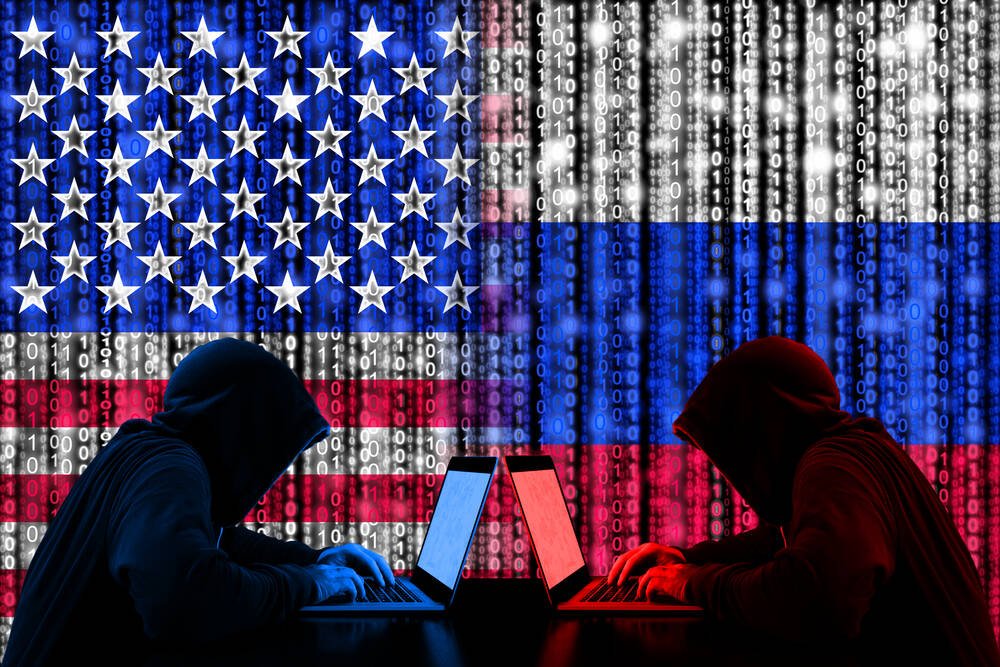Karakurt warning. Clipminer in the wild. GootLoader evolves. Cyber ops in Russia’s hybrid war. Russian agencies buy VPNs.
Dateline Moscow, Kyiv, Washington: Gray zone operations.
Ukraine at D+98: Friction in the gray zone. (The CyberWire) Advancing into the rubble it’s created, Russia’s army tries to come to grips with combat refusals. The White House says that the cyber operations NSA Director Nakasone alluded to this week are entirely consistent with the US policy of avoiding direct combat with Russia. Observers work to understand the state of the cyber phase of the hybrid war. And Russian censorship seems to be producing friction in some Russian government operations. (That’s why agencies in Moscow are buying VPNs.)
Russia-Ukraine war: List of key events, day 99 (Al Jazeera) As the Russia-Ukraine war enters its 99th day, we take a look at the main developments.
Exclusive: Ukraine troops retreating in Donbas have a plan, Luhansk governor says (Newsweek) Serhiy Haidai told Newsweek the defenders remain defiant despite the intense Russian attacks, which included a strike on a chemical plant.
Russia-Ukraine latest news: Kyiv may switch off Europe’s largest nuclear powerplant (The Telegraph) Ukraine would consider switching off its Zaporizhzhia nuclear power plant that lies in Russian-occupied territory if Kyiv loses control of operations at the site, an aide to the prime minister has said, Interfax news agency reports.
Documents Reveal Hundreds of Russian Troops Broke Ranks Over Ukraine Orders (Wall Street Journal) Desertions and refusal to engage in the invasion have put Moscow in a bind over how to punish service members without drawing more attention to the problem. “So many people don’t want to fight.”
The Russian Military’s People Problem (Foreign Affairs) It’s hard for Moscow to win while mistreating its soldiers.
Zelensky will be tried as war criminal if Russia captures him (Newsweek) A lawmaker in the self-declared, Russia-backed Donetsk People’s Republic accused Ukraine’s president of sending “neo-Nazis to Donbas to kill civilians.”
Six lessons the Ukraine conflict has taught us about modern warfare (The Telegraph) From drones to the use of tanks, we dissect the masterstrokes and miscalculations of military tactics after three months of fighting




